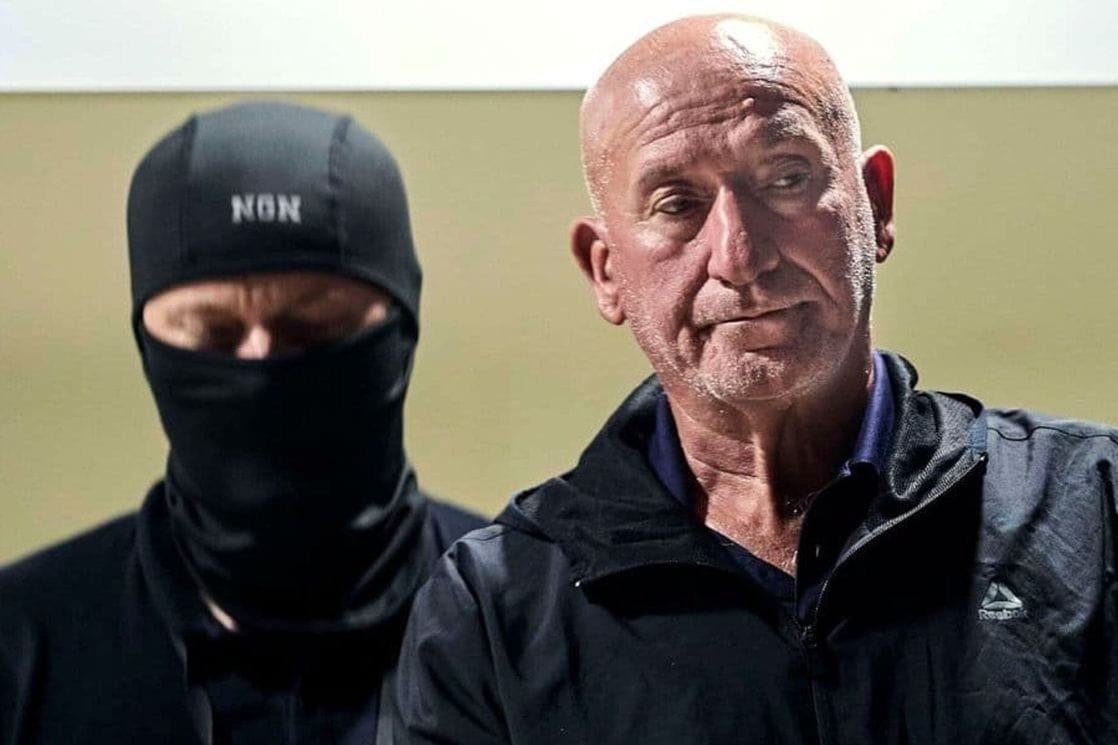Two more hearings are scheduled for July 24 and 25 in the case against former Chief Special Prosecutor Milivoje Katnić at the High Court in Podgorica, with four additional sessions set for September 10, 11, 22, and 23.
At the most recent hearing on June 19, Katnić requested as many court dates as possible during June and July, hoping for a chance to present his defense. However, the court declined his request, citing that the courtrooms were already booked with other cases.
Antena M has reported, both yesterday and the day before, on the serious decline in Katnić’s health. His chronic illness has worsened due to his refusal to take medication provided by prison doctors and staff, and physicians fear the consequences could be fatal. Despite this, prison authorities remain unwilling to relax strict regulations and allow the 68-year-old to receive treatment from trusted doctors in a medical facility outside the prison.
When Antena M directly asked prison officials whether they were prepared to take responsibility if the situation ended tragically, the Administration for Execution of Criminal Sanctions (UIKS) responded unequivocally: they claimed responsibility would lie not with the institution but with the patient, who refuses to follow the prescribed treatment.
Katnić’s insistence on holding as many hearings as possible before the court’s summer recess stems from his concern that his worsening health could prevent him from defending himself in court. After fifteen months in detention, including a prolonged hunger and thirst strike, surviving eventually on nothing but water and yogurt, he is acutely aware of how weakened his body has become. Additionally, his underlying health conditions, which Antena M cannot detail due to journalistic ethics, have significantly deteriorated over the past two weeks. That’s why, at the July 19 hearing, Katnić stressed the urgency of presenting his defense.
Sources close to the court acknowledge that it may genuinely not have been possible to grant Katnić’s request for more hearings before the summer break. However, there is deep frustration over the continued denial of his request to receive treatment from doctors he trusts. It seems incomprehensible to many that authorities have ignored, for days, an urgent appeal from Katnić’s son Radan, backed by medical reports from specialists, asking that his father be allowed immediate medical examinations.
Equally disturbing is the silence of domestic and international human rights organizations, most of the media, the civil sector, and even the Ombudsman. Meanwhile, public discourse surrounding Katnić is largely dominated by those relentlessly attacking him, showing little concern for his failing health, his right to the presumption of innocence, or to a fair trial free from political and public pressure.
This climate, hardly conducive to a fair trial, only strengthens the belief among many that the charges against Katnić, which include forming a criminal organization and abuse of office, are driven by political revenge. Yet even in this context, Western embassies, once seen as guardians of human rights and the rule of law since Montenegro’s independence, have remained silent.
Milivoje Katnić was arrested on April 14 last year and has been in custody ever since. His trial began on May 9, exactly six years after the first-instance verdict was delivered against Democratic Front leaders Andrija Mandić and Milan Knežević for attempting a coup on election day in October 2016. That coincidence in dates has led many to see the timing as a symbolic act of political retribution against the man credited with thwarting the attempted coup and ensuring Montenegro’s entry into NATO the following year, despite Moscow’s opposition.









Komentari (0)
POŠALJI KOMENTAR